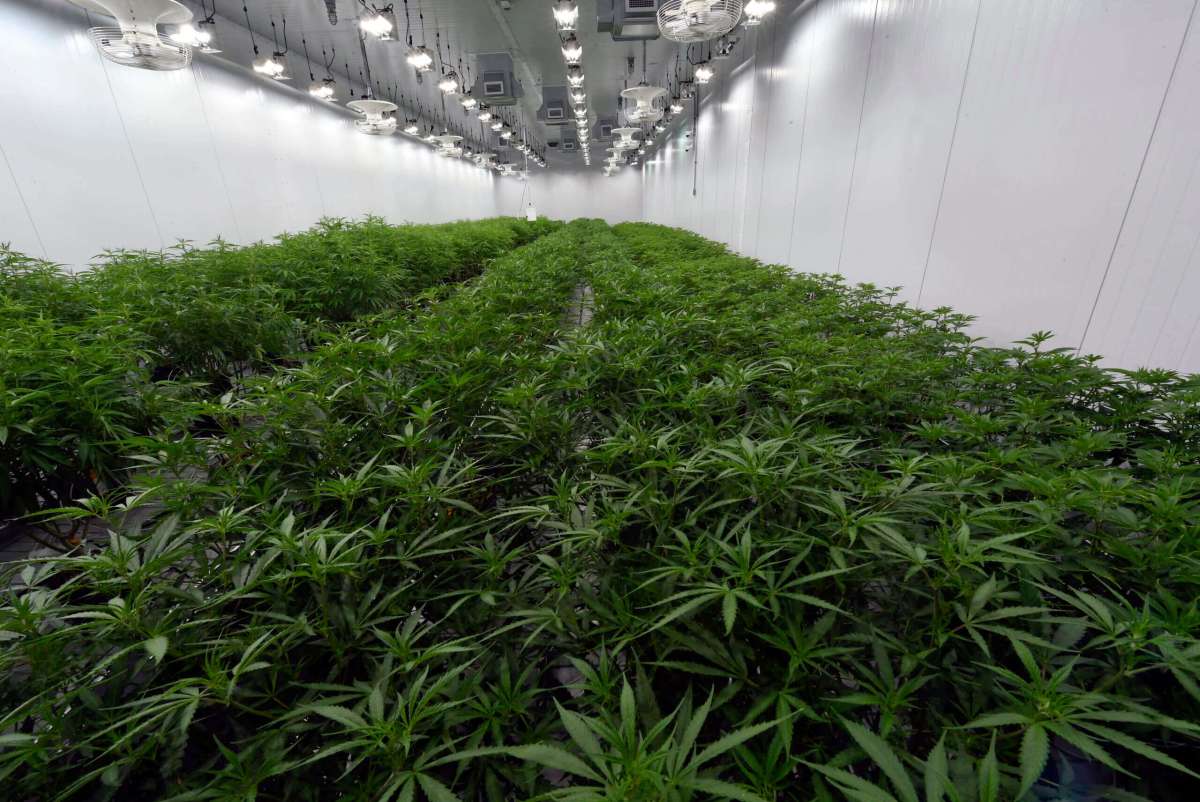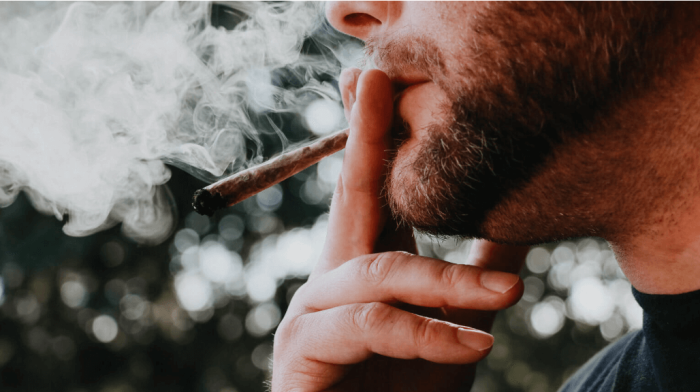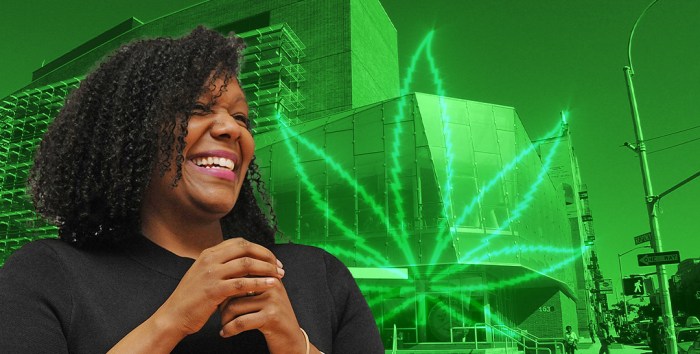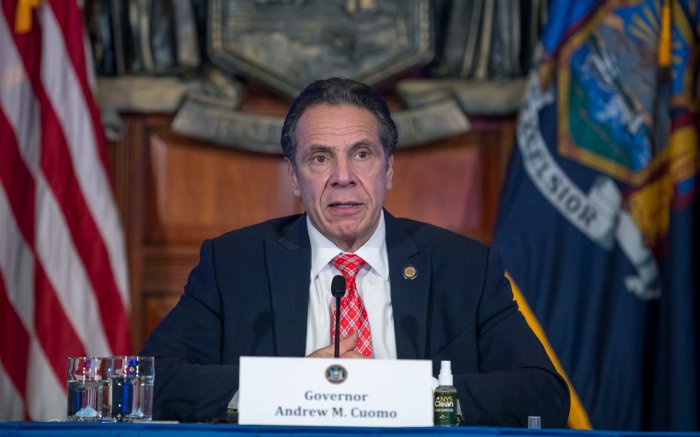Some people cheered the passing of the Marijuana Regulation and Taxation Act last year while others held their breath, and we are all living the process of legalizing marijuana for adult use in New York. The law, when implemented intentionally and equitably, has the power to demonstrate just how the cannabis industry can do its part to address and begin to reconcile the wrongs of the past through prioritizing business licenses for those with past cannabis-related criminal convictions. To be clear, this is a singular focus of equitable cannabis policy and only works when cannabis tax revenue is also being reinvested into communities of color and expungements are automatic and free.
New York’s Medical Marijuana Program, since 2014, has failed to serve communities of color and changes to the medical program are welcomed news given complaints that it is complicated, time-consuming, and costly, which makes it less accessible. By comparison, Florida’s program has about 600K patients while New York’s only has 124K. The Marijuana Regulation and Taxation Act’s provisions to expand the medical program and move it from the Health Department to a new Office of Cannabis Management is a great first step. As a cannabis industry expert and entrepreneur who has played a crucial role in helping reform cannabis laws and advance equitable policies, here is what I believe needs to be done to create real change in the medical program.
You might have heard about Food Deserts where people cannot find fresh fruits and vegetables but what about Green Deserts? If you map dispensary locations, you quickly see that New York’s medical program only has 10 Registered Organizations, and many of the 38 dispensaries are in economically advantaged communities, like Park Slope and the Upper East Side. What about patients who live in underserved communities and cannot find dispensaries near their home, and cannot travel long distances? The system right now is set up to put more of a burden on communities of color trying to access dispensaries, especially seniors in these communities. Since dispensaries are not close to their homes, they must deal with the high cost of rideshares and the lack of investments in public transportation, which means that service is unreliable. To make matters worse, these dispensaries offer no delivery options in underserved communities. This must be rectified by prioritizing new medical cannabis dispensaries that will operate in underserved communities.
Lack of access pushes patients back to relying on less effective treatments with significant side-effects that we want to avoid if we can. A growing body of academic research suggests that access to medical and recreational cannabis results in reduction in use of and subsequent harms associated with opioids, alcohol, tobacco, and other substances. Additionally, a dispensary should extend healthcare so, for example, a dispensary partner could facilitate a patient discussion with a physician about health issues. This creates key opportunities for early intervention. Unfortunately, we have seen some dispensaries urge patients to go online to obtain “weed card” services. This hampers the ability to coordinate care.
Cultural competency plays a key role in communication with patients about their health.
Concierge cash-only models of cannabis medicine influence beliefs and expectations around what types of patients can — or even should — receive medical cannabis treatment. Patients often feel forgotten by dispensaries that do not have materials in their language or being served by staff who have not lived the same hardships patients from underserved communities experience. This creates invisible barriers that neither welcome nor serve diverse populations. I see an opportunity to make sure new dispensaries create truly inclusive environments with staff from the community who will localize healthcare back to where our patients feel most supported and experience positive health outcomes.
Even solving for the above, our patients still face the significant hurdle of cost. Patients must pay out-of-pocket monthly expenses for cannabis that can run into the thousands annually. The current dispensaries may feel sympathetic but offer little solutions. For Medicare and Medicaid patients living on fixed incomes, these costs are simply not possible. The Office of Cannabis Management must consider ways of leveraging public and private insurers to pay for medical cannabis.
New York can succeed where other states failed. We need a medical cannabis program that accounts for geography, cultural competence, and cost. The state can begin by immediately expanding the medical program to include Registered Organizations owned and operated by people who have been most impacted by the ‘war on drugs.’ As we have seen countless times, when you bring in diverse voices, you reach more people and affect greater change. Here in New York, we are long overdue for greater change.
Shanita Penny, the Founder and CEO of Budding Solutions, is a cannabis industry expert and entrepreneur who has played a crucial role in helping reform cannabis laws and advance equitable policies. She is also Senior Advisor to the Coalition for Cannabis Policy, Education, and Regulation; served as President of the Minority Cannabis Business Association; and co-founded DocHouse, a craft cannabis cultivator and manufacturer.























